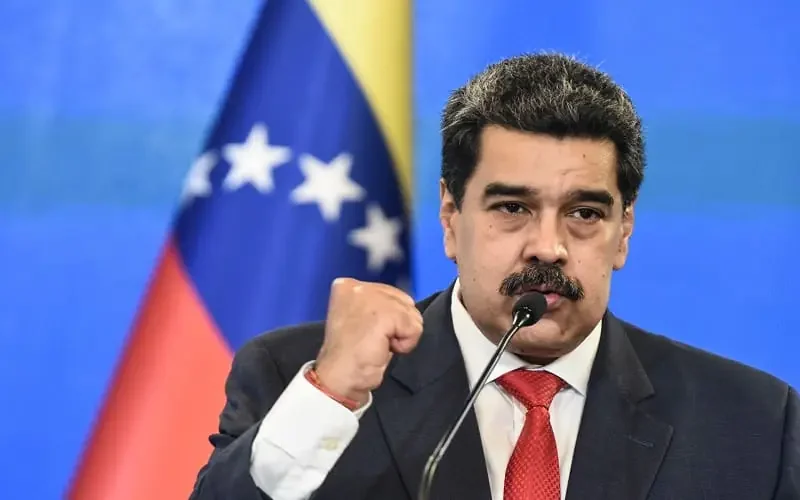On Thursday, Venezuelan President Nicolas Maduro passionately called for peace, rejecting the idea of a “crazy war” as tensions with the United States intensify.
Speaking in English to a group of supportive union members, Maduro emphasized, “We want peace, always peace, forever peace. No war, please!” His remarks come amid a US military campaign in the region that has heightened regional concerns.
US Military Operations
The US has launched a series of operations, deploying advanced aircraft and naval vessels in the Caribbean and Pacific. Described as efforts to combat drug trafficking, these actions targeted several vessels, including boats and a submersible.
However, no clear evidence has been provided to confirm these targets were involved in illegal activities, prompting questions about the operations’ intent.
US Leadership’s Stance
US President Donald Trump has denied deploying specific bombers to Venezuela but expressed frustration with the country, claiming it has released prisoners into the US.
He suggested that lethal actions could be taken against individuals entering the US, stating that formal war declarations may not be necessary. These comments have fueled speculation about the US’s broader objectives in the region.
Rising Casualties
Since the US operations began on September 2, at least 37 people have reportedly lost their lives, based on official US figures. The campaign has sparked significant backlash, with Maduro accusing the US of pursuing regime change in Venezuela, further escalating diplomatic tensions between the two nations.
Regional Reactions
The government of Trinidad and Tobago, a Caribbean nation near Venezuela, announced that a US warship will dock in its capital from October 26 to 30 for joint military exercises with local forces.
Notably, two individuals killed in the US operations were from Trinidad and Tobago, adding to regional unease about the escalating situation.
Venezuela’s Response
Venezuela’s defense minister, Vladimir Padrino, confirmed ongoing military exercises along the country’s coast as a countermeasure to US activities.
He claimed that foreign intelligence operations, possibly involving covert units, are active in Venezuela but vowed that any such efforts would be unsuccessful. These maneuvers signal Venezuela’s determination to protect its sovereignty.
Legal Concerns
Critics have raised concerns about the legality of the US’s use of lethal force in international waters, particularly against targets that have not been detained or formally investigated.
The lack of transparency surrounding the operations has intensified debates about their legitimacy and potential consequences for regional stability.
Looking Ahead
As tensions continue to mount, Maduro’s call for peace reflects Venezuela’s desire to avoid further conflict. The presence of US forces in the region, coupled with accusations of covert actions, has heightened fears of escalation.
The international community watches closely as both nations navigate this volatile situation, with the potential for broader implications in the Caribbean and beyond.






